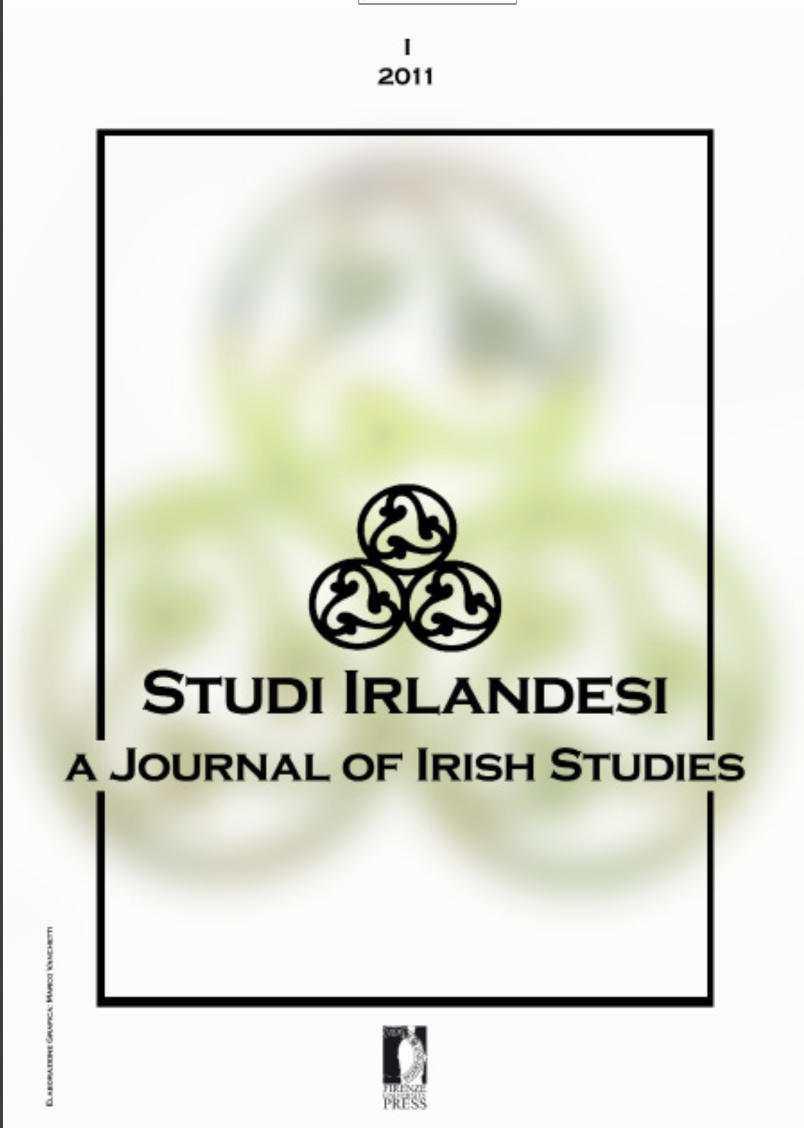The Dimension of Wit in Translation: Rendering Wilde’s Pun Ernest/Earnest into Italian
Published 2011-08-04
How to Cite
Abstract
The text analyses the different strategies adopted by three Italian translators of The Importance of Being Earnest, examining their different renderings of Wilde’s humour and especially the pun on the expression «being Earnest». The title is a central issue, since it is a manifesto of the intentions of the author, who wants to unmask the false seriousness of high society playing on the similarity between Ernest, earnest and honest. After a brief survey on the debunking of the concept of earnestness through the whole play, Giulia Gozzelino points out that in Luigi Lunari’s title L’importanza di chiamarsi Ernesto, the translator chooses to stress the importance of pure nonsense in Wilde’s wordplay; Guido Almansi’s «essere Fedele» strives to find an Italian equivalent to the original, but does not fully convey the complexity of Wilde’s message, and Masolino d’Amico, using the XIX century name «Probo» only in the title and in the final line of the play, opts for translating into Italian Wilde’s polite playfulness


